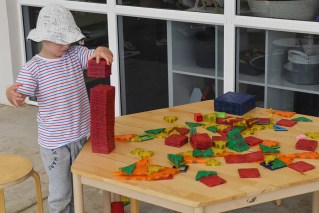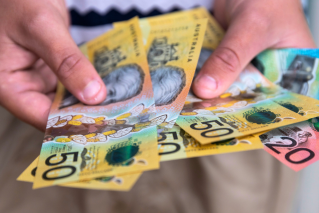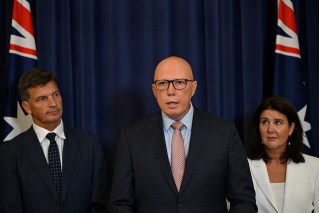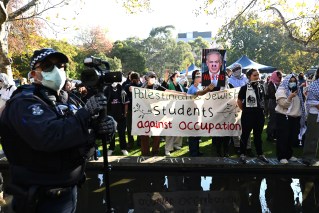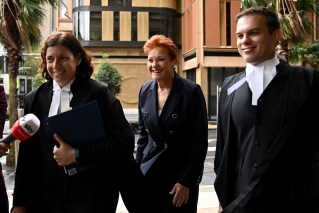Last Liberals left: Tasmania blocks wall-to-wall Labor

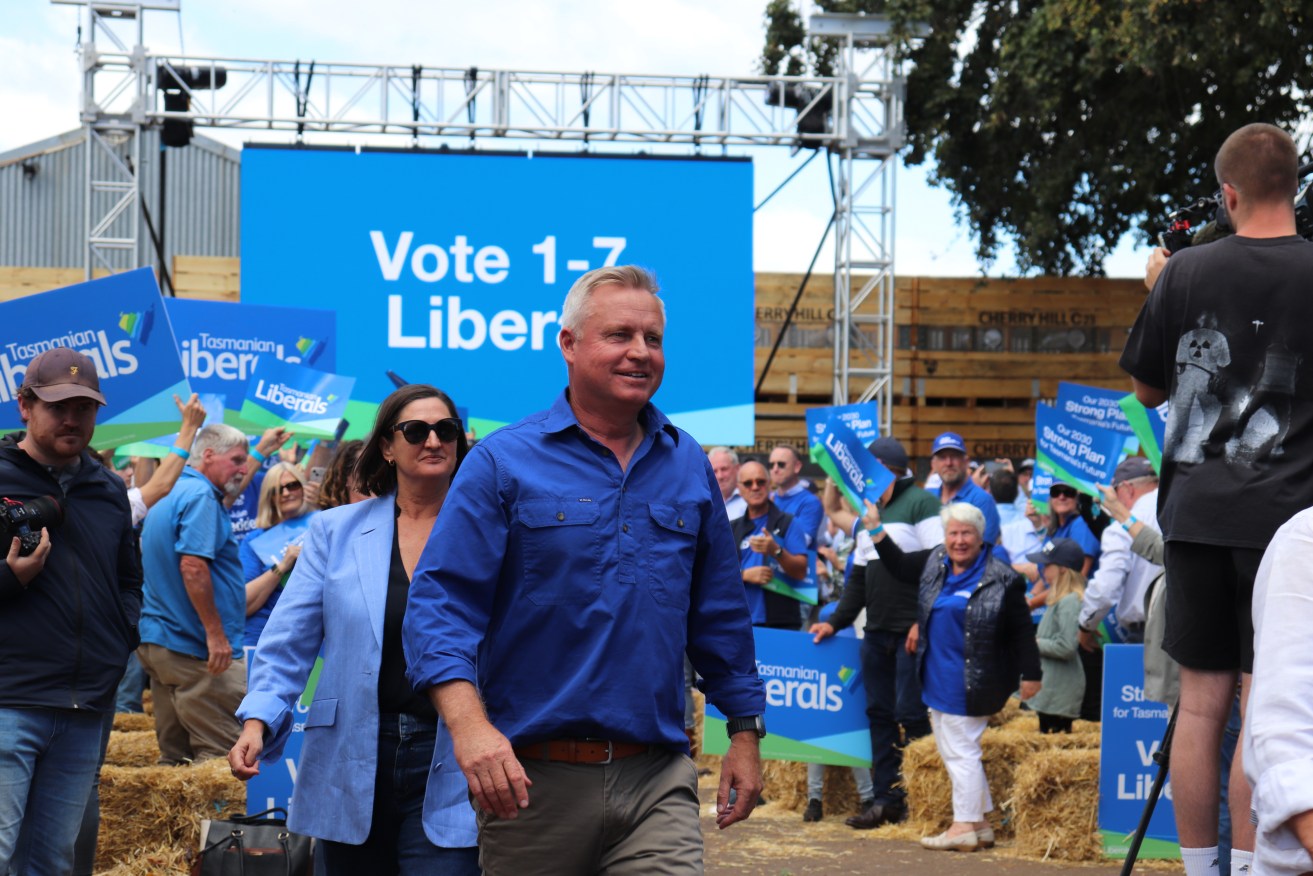
Premier Jeremy Rockliff will need to horse trade with independents to form a government. Photo: AAP
Can the promises of a controversial waterfront stadium, banning MPs from quitting the party and the world’s biggest chocolate fountain deliver the Liberal Party from a nationwide electoral wipeout?
An upset victory for Labor in Saturday’s Tasmanian state election will deliver a rare feat: A political party holding every state and federal government.
It’s only been achieved twice before — briefly by Labor during the Rudd era and in 1969-70 by the Liberal Party — but Tasmania’s three-term Liberal government has seen its peers fall one by one since coming to power in 2014.
Big commitments
Polling and analysis from earlier in March showed that the Liberal Party is in the lead, but faces the possibility of another minority government.
Tasmanian Premier Jeremy Rockliff, who called an early election after his government was rocked by resignations from the party room, announced over the weekend that any Tasmanian MPs who quit their party may be forced to leave Parliament.
“At the last two elections, Tasmanians have voted for a majority Liberal government,” he said.
“This has been stolen away by individual MPs resigning from their parties and continuing to sit in the Parliament as independents.”
Since rising to the top job after Peter Gutwein’s resignation, Rockliff’s government has seen two Liberal MPs go independent and another quit because of the controversial AFL stadium deal and an electricity link between Tasmania and Victoria, forcing it into a minority.
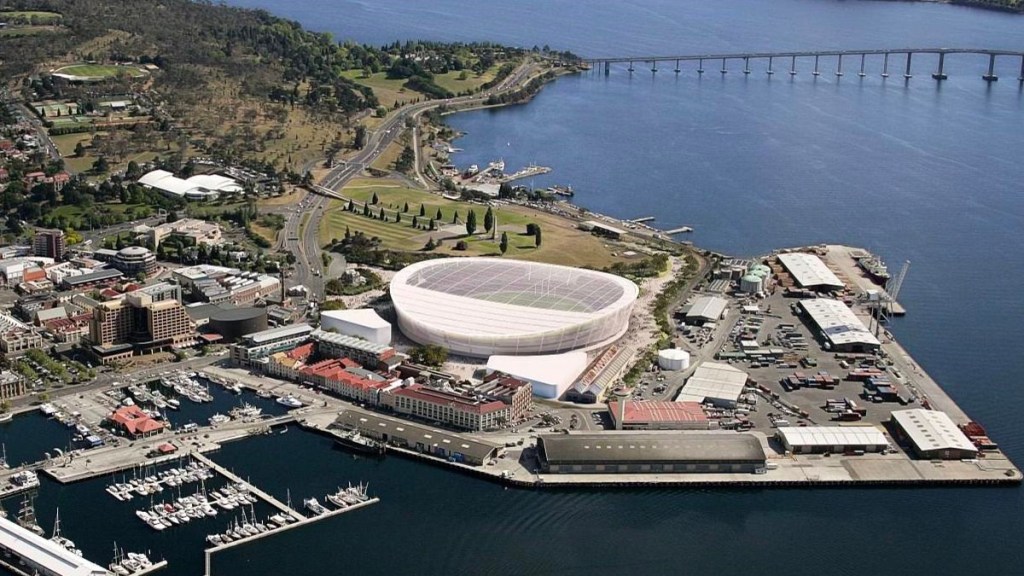
The proposed stadium for a Tasmania AFL team has become a contentious issue. Photo: State Growth Department
That stadium deal has also firmed as an election issue, with Rockliff accusing Opposition Leader Rebecca White of “trying to kill” the new Tasmanian AFL team and the 23,000-seat stadium on the Hobart waterfront.
“Maybe more people in this room, maybe 50 per cent don’t agree with the stadium,” Rockliff said during a leaders debate.
“Rebecca, you’ve been all over the place on this.”
White responded that she supports a Tasmania AFL team, but would like to see the team play at an existing venue before the state builds a stadium.
Dean Winter, Labor’s economic development spokesperson, previously said that he doesn’t “believe you can build a stadium on that site”.
“I certainly know you can’t build it for $715 million,” he said.
“This stadium cannot possibly work.”
Stranger promises
While White is focusing on the cost of living, fixing the healthcare system and building affordable housing in her pre-election pitch to voters, Rockcliff is proposing $12 million in funding for the world’s biggest chocolate fountain to lure tourists to the state.
Tweet from @jeremyrockliff
“This will re-write the ‘must-see’ list for every visitor that comes to Tasmania,” he said.
“Hug a Tassie devil, sip wine on Wineglass, stroll Salamanca, climb Cradle, and cap that all off with the sweetest experience of them all at the Chocolate Experience at Cadbury.”
Battlegrounds
Another battleground will be the protection of Tasmania’s vast natural environment.
Rockliff has promised to open 40,000 hectares of protected forests to logging if re-elected, vowing to boost the supply of native timber by up to 10 per cent.
“The Liberals are the strongest supporters of Tasmania’s high-value native forestry industry,” he said in a statement.
“Tasmania’s native forest industry is sustainable, renewable, and world-leading.”
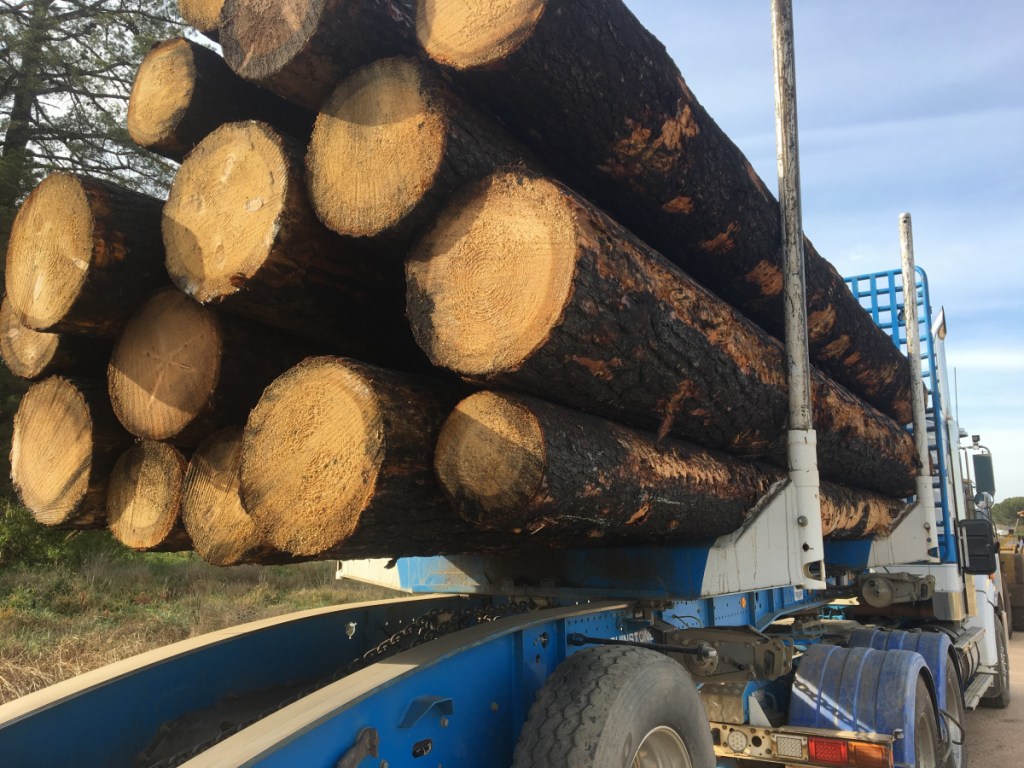
The Liberal Party’s plan to open up more native forests for logging has been negatively received. Photo: AAP
Polling from the Australia Institute found that 57 per cent of people opposed the Liberal Party’s plan.
The Labor Party has also released a pro-logging industry policy, promising to “put timbers workers first,” in contrast with the Tasmanian Greens, who support the the end of native logging.
The Australia Institute polling also found more than three-quarters supported a new anti-corruption commission in the state and 69 per cent support a reduction of inshore salmon fishing.
The salmon industry in Tasmania has damaged lakes and the natural environment, but is a major source of industry and jobs.

